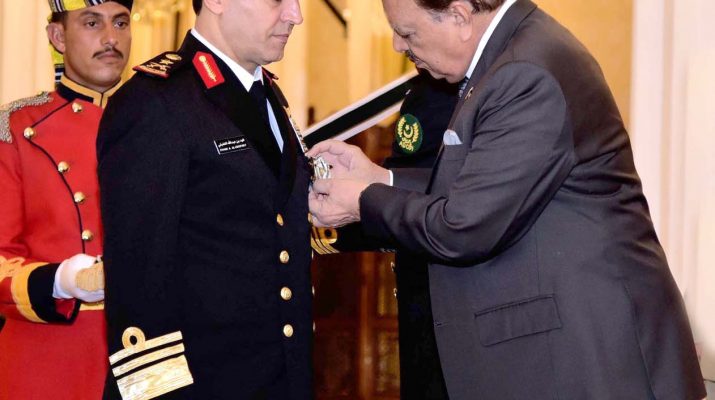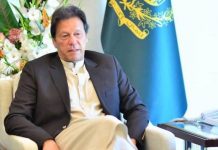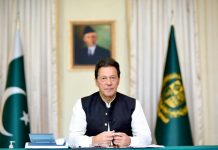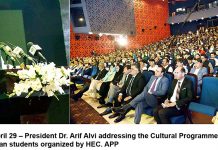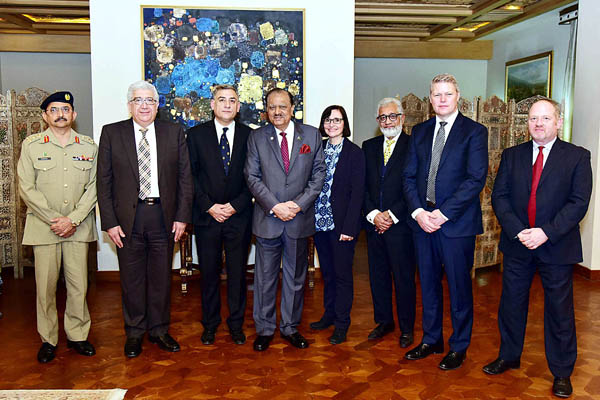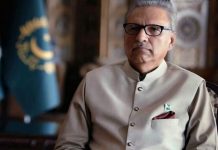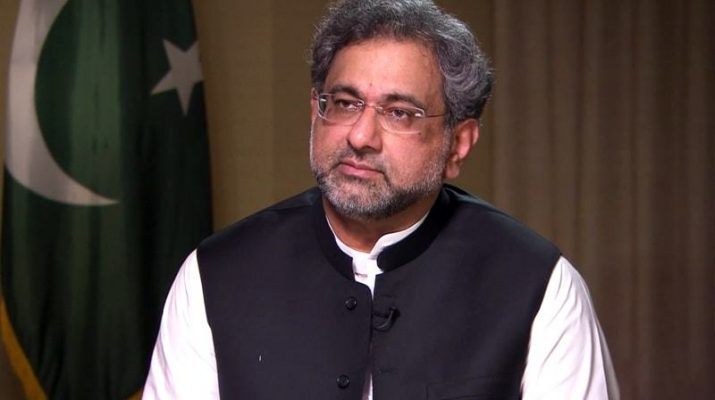The United Nations Educational, Scientific and Cultural Organization (UNESCO), in partnership with WWF-Pakistan, on Friday jointly organized a one-day consultative workshop on the importance of blue carbon in the coastal areas of Pakistan.
The objective of the session was to present, share and discuss work that has been done towards developing blue carbon habitats and bring different stakeholders on board to identify gaps and finalize and agree on the way forward to work on recommended steps towards sustainable costal ecosystem management, said a news release.
Speaking on the occasion, Senior Director Conservation Biodiversity, WWF-Pakistan Rab Nawaz stated, “Blue carbon is part and parcel of a sustainable blue economy that is rapidly being recognised as an important part of managing and conserving coastal ecosystems.”
“Pakistan is blessed with a rich coastline but the coastal communities are some of the most vulnerable groups in the country. Developing blue carbon credit systems can be a sustainable approach to generating income for communities by recognising their role in conserving these unique habitats,” he added.
Director General, Pakistan Meteorological Department Muhammad Riaz stressed on the importance of mangroves in the coastal areas as they provided a shield to coastal communities in case of tsunamis. He also highlighted the role of early warning systems and automatic weather stations in monitoring of mangroves.
Director of UNESCO Beijing and Representative to China, DPRK, Japan, Mongolia and the Republic of Korea, Dr Shahbaz Khan in his remarks stated that blue carbon was important for Pakistan. There was lot of potential if the economic model was linked with mangroves, he commented. “Blue carbon is the carbon stored in coastal and marine ecosystems and is critical along the coasts; supporting coastal water quality and healthy fisheries, and protecting the coastal areas against floods and storms,” the experts told.


